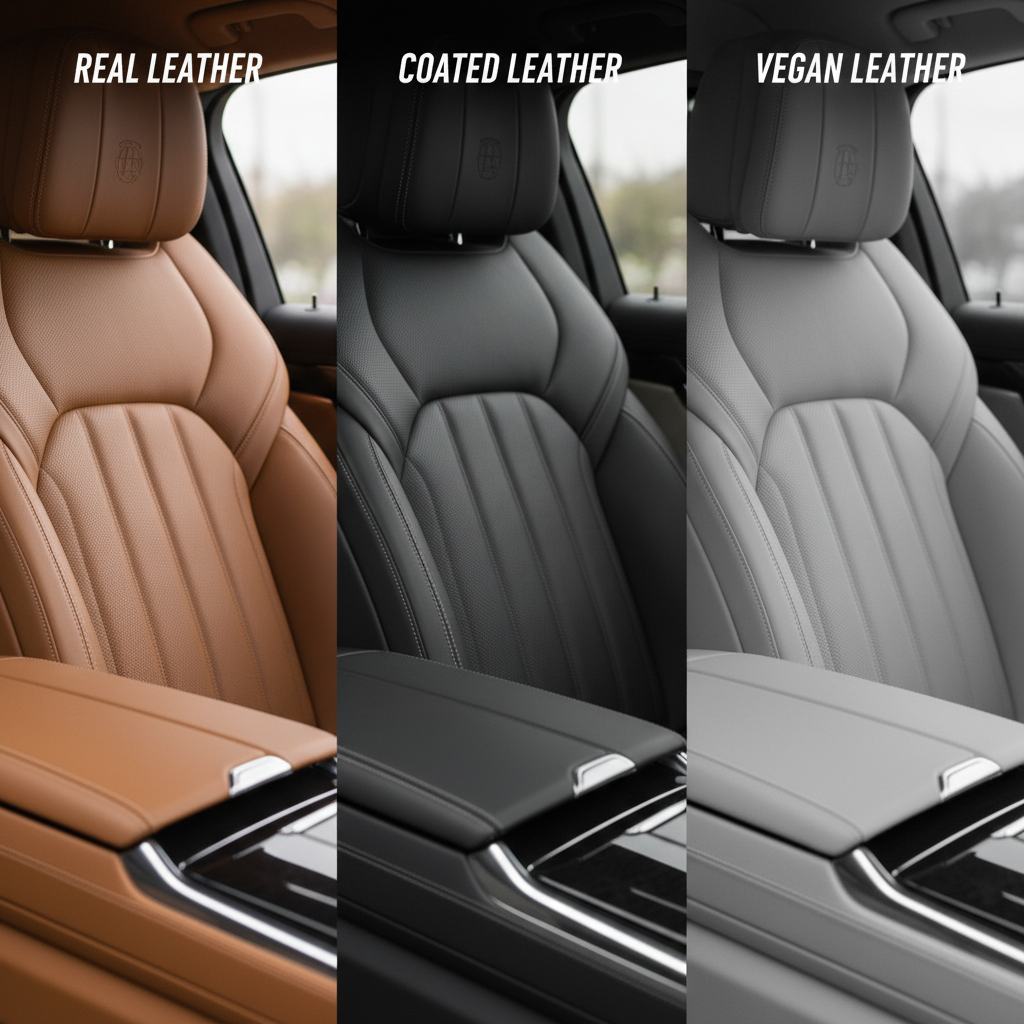Real vs Coated vs Vegan: The Secret to Choosing Leather Care Products That Won’t Wreck Your Luxury Car Interior
🔒
Contents
Premium Content Locked
This exclusive content requires viewing a short video advertisement to unlock.

Contents
This exclusive content requires viewing a short video advertisement to unlock.